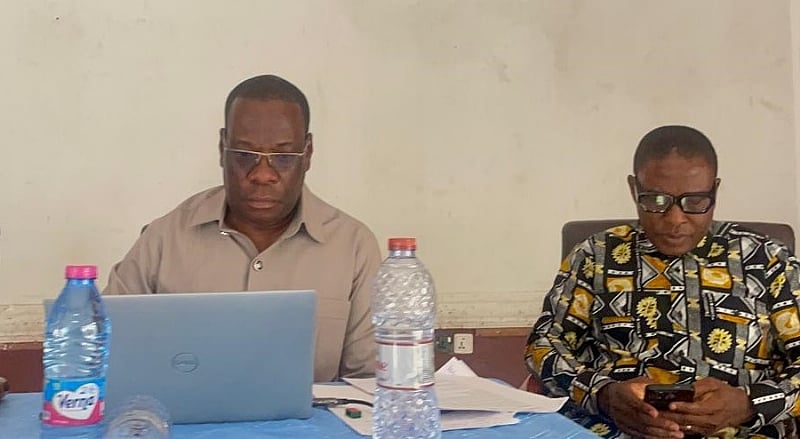The West African Examinations Council (WAEC) convened a critical stakeholder engagement in Kumasi, Ghana, to address the pervasive issue of examination malpractices. This collaborative effort brought together a diverse group of stakeholders, including regional, municipal, and district directors of education, leaders from faith-based educational institutions, media representatives, and other key players in the education sector. The primary objective of this gathering was to identify and develop effective strategies to combat examination irregularities and uphold the integrity of national assessments. Recognizing the importance of collective action, WAEC emphasized its commitment to partnering with all relevant bodies to achieve this crucial goal. This proactive approach reflects the council’s recognition that the credibility of the examination system is essential for maintaining public trust and ensuring the value of educational certifications.
WAEC’s commitment to tackling examination malpractices is rooted in the understanding that these irregularities undermine the very foundation of the education system. Cheating not only devalues the hard work and dedication of honest students but also compromises the reliability of assessment results, making it difficult to accurately gauge student learning and academic progress. Furthermore, the proliferation of examination malpractices can erode public confidence in the education system, leading to skepticism about the validity of qualifications and potentially hindering graduates’ prospects in further education and employment. The implications of these malpractices extend beyond the individual level, impacting the overall quality of education and the nation’s human capital development.
John Kapi, Public Relations Officer for WAEC, articulated the council’s firm belief in collaborative action as the most effective means of combating examination irregularities. He stressed that a united front, involving all stakeholders in the education ecosystem, is crucial for protecting the integrity of assessment systems. This sentiment underlines the understanding that preventing malpractices is a shared responsibility that requires the active participation of educators, students, parents, community leaders, and policymakers. By working together, WAEC aims to create a culture of integrity and transparency within the education system, where academic honesty is valued and upheld by all.
Daniel Nii Duodu, Deputy Registrar in Charge of Humanities at WAEC, provided insights into the council’s ongoing efforts to safeguard the integrity of examinations. He highlighted the proactive measures taken over the past five years, specifically focusing on preventing question leakages and other forms of irregularities. These measures have included enhanced security protocols for handling examination materials, stricter invigilation procedures, and the use of technology to monitor and track the examination process. Mr. Duodu attributed the perceived enhanced credibility of examinations in recent years to these concerted efforts, underscoring the effectiveness of a proactive and multifaceted approach to tackling malpractices.
The stakeholder engagement in Kumasi served as a valuable platform for open dialogue and the exchange of ideas. Participants actively contributed to the discussion, proposing practical and collaborative solutions to the persistent challenges plaguing the examination process. The collaborative nature of the workshop fostered a sense of shared ownership and responsibility among the stakeholders, encouraging them to take an active role in promoting integrity and transparency within the education system. This participatory approach is crucial for ensuring that the strategies developed are relevant, context-specific, and have the buy-in of all key actors.
The Kumasi workshop underscored WAEC’s unwavering commitment to ensuring that examinations in Ghana maintain their integrity and are recognized as fair, secure, and respected, both nationally and internationally. By bringing together diverse stakeholders, WAEC demonstrated its recognition that addressing examination malpractices requires a collective effort. The workshop’s focus on collaborative solutions and proactive strategies signifies a significant step towards creating a more robust and trustworthy examination system, one that accurately reflects student achievement and contributes to the overall quality of education in Ghana. This commitment to upholding the integrity of examinations is essential for building public confidence in the education system and ensuring that Ghanaian qualifications continue to hold value in the global arena.














